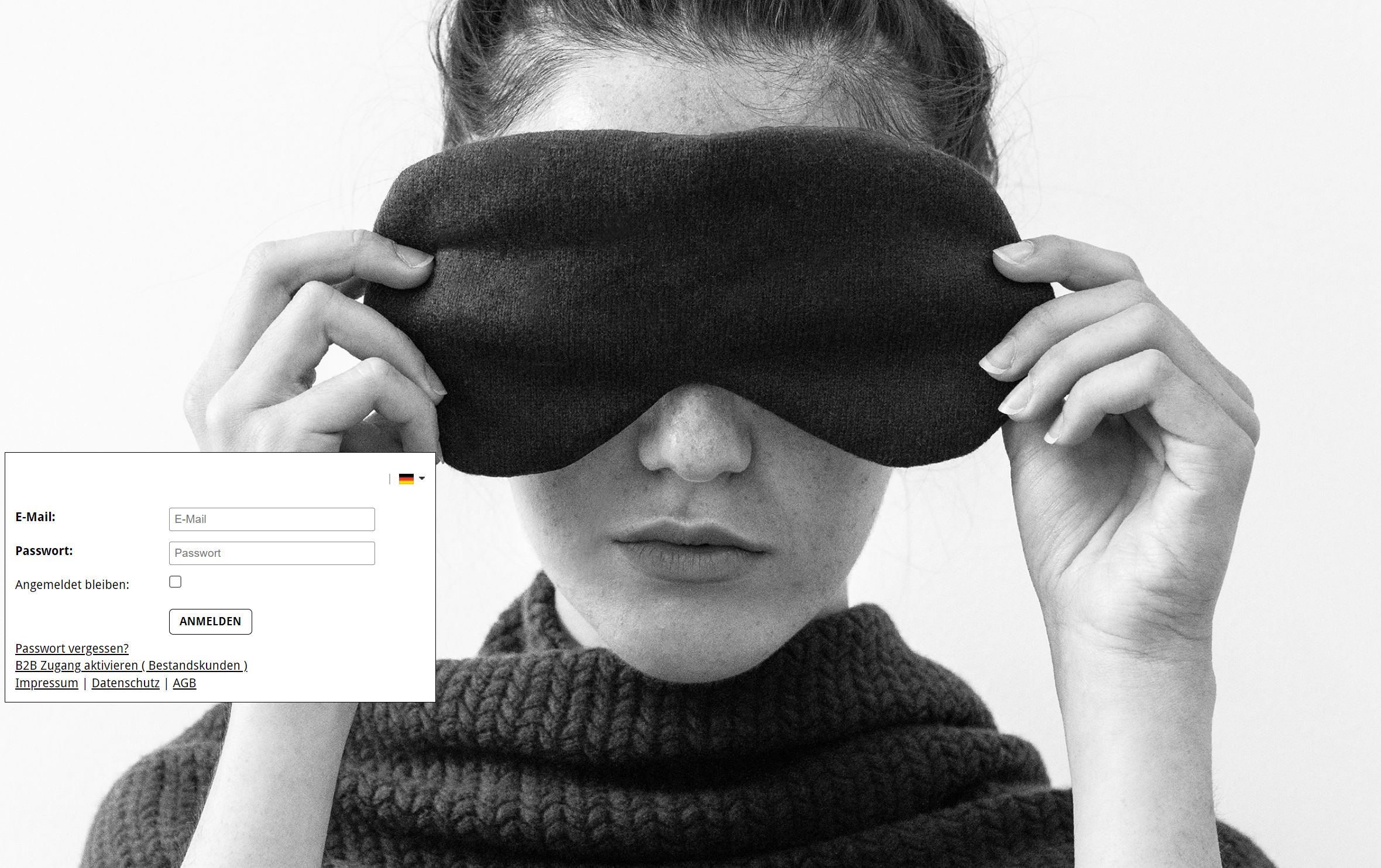S ome paths in life seem too full of events, too dramatic for a single person. The vita of Katharine Graham, for example, belongs in this category. And also that of Meryl Streep, who sets an acting monument to the grande dame of the "Washington Post" in Steven Spielberg's media drama "The Publisher". Graham was born in 1917 and grew up in elite America. Her mother, for example, was friends with the two-time Nobel Prize winner Marie Curie, First Lady Eleanor Roosevelt and the sculptor Auguste Rodin.
Her father, actually a banker, bought the "Washington Post" in 1933, which today belongs to Amazon founder Jeff Bezos - and can still be counted among the more liberal newspapers in the USA. Because Katherine Graham wasn't a journalist herself, her father left both the newspaper and the publisher to his son-in-law. A female CEO was almost unthinkable in the late fifties. After her husband's suicide in 1963, Graham suddenly ended up in the executive chair as editor.
Inexperienced, awkward in appearance and without female role models. "Her biography was permeated with deep-seated doubts about whether she deserved this role and whether she would be able to fill her position," says Meryl Streep. Uncertainty aside, Katherine Graham nevertheless steers her paper through politically turbulent times, successfully through turbulent times together with "Post" editor-in-chief Ben Bradlee (played by Tom Hanks in the film). The high point was the publication of the so-called "Pentagon Papers" in 1971, which uncovered the concealment of the real reasons for the Vietnam War. Truths that embarrassed President Nixon and which he had previously tried with all his might to prevent from being known. Spielberg's film tells of this acid test for Katherine Graham and her team.
In order to be her wife in an environment that was predominantly male-dominated at the time, Meryl Streep as “The Publisher” wore blazers with a high collar, suits without a neckline and striped blouses – business outfits in the style of the early 70s. Costume designer Ann Roth, who has already worked with the multiple Oscar winner on several occasions, has a real surprise in store: in a crucial scene, which we don't want to anticipate here, Streep doesn't wear a strict office wardrobe, but an airy, feminine caftan in white and gold.
Incidentally, the Pentagon Papers were not the last showdown between the White House and the Washington Post: Just one year later, the "Watergate Affair" kept the whole world in suspense and catapulted Graham's "Post" into the Olympus of investigative journalism. And Richard Nixon in early retirement. Incidentally, the election of Donald Trump prompted Steven Spielberg to shoot his homage to a free press as quickly as possible, even though he was already directing another film when production started. His stress, our gain!


